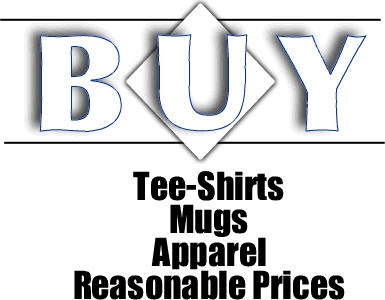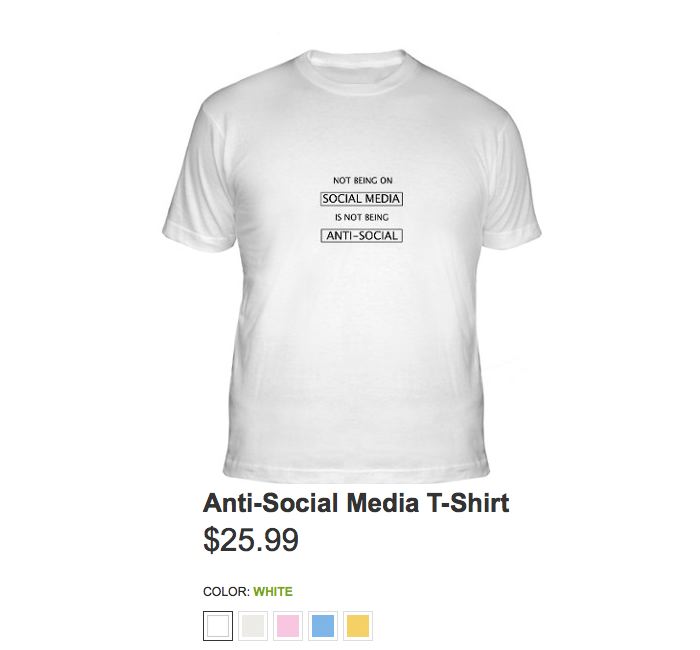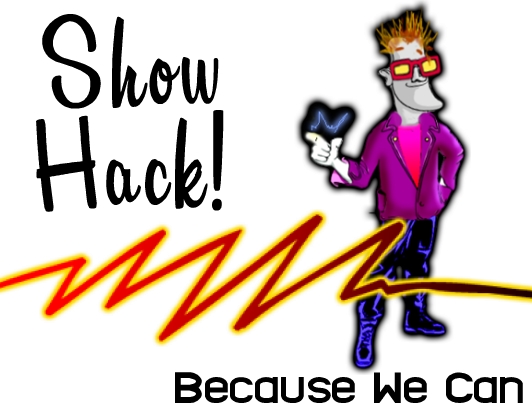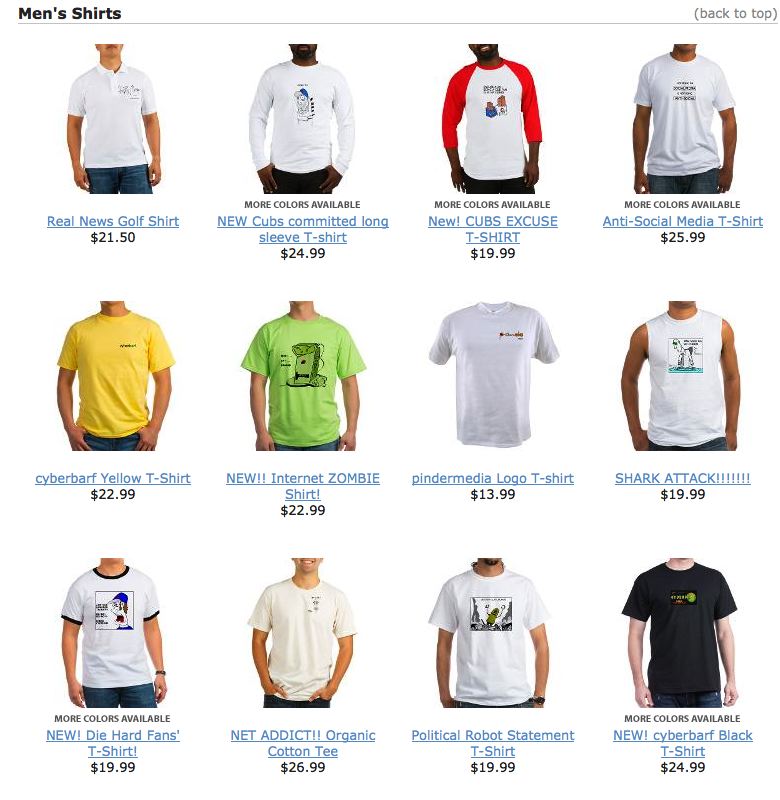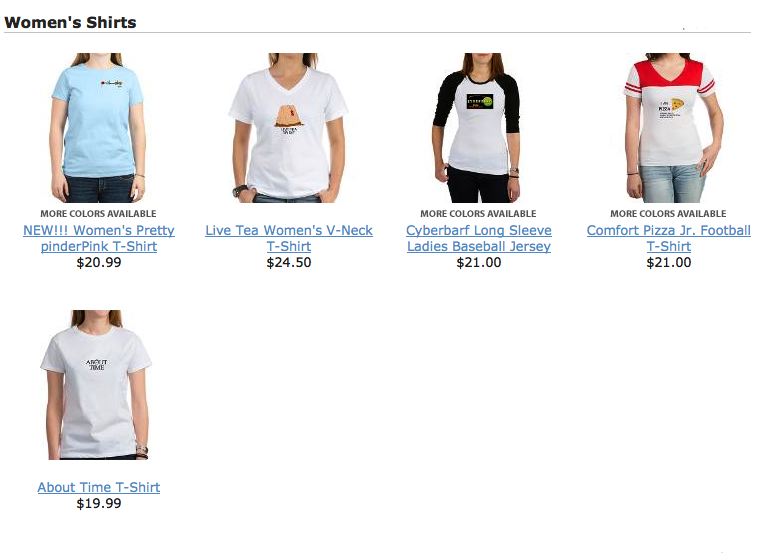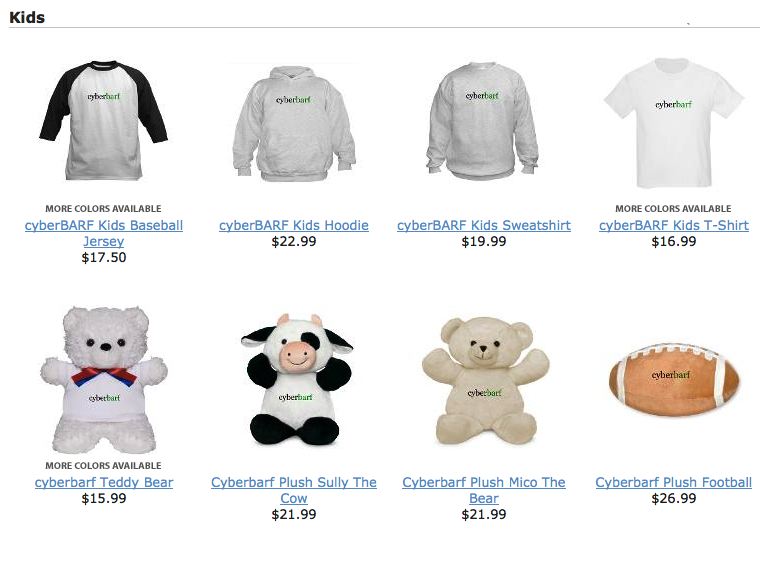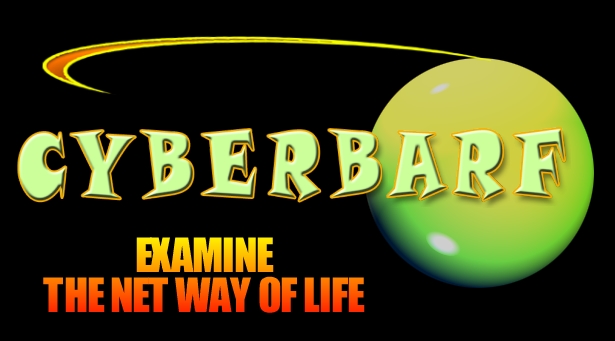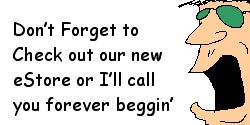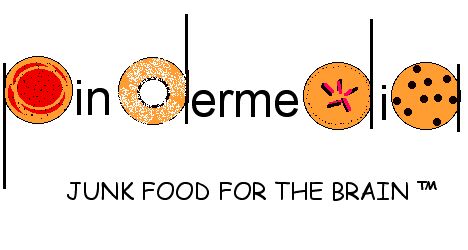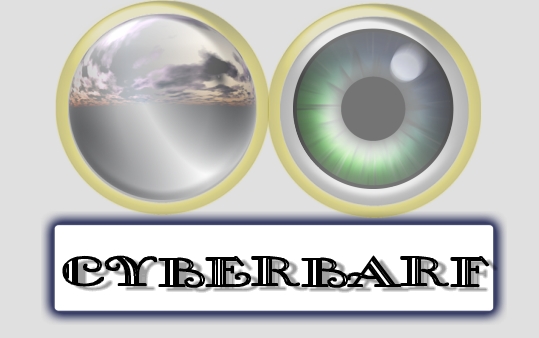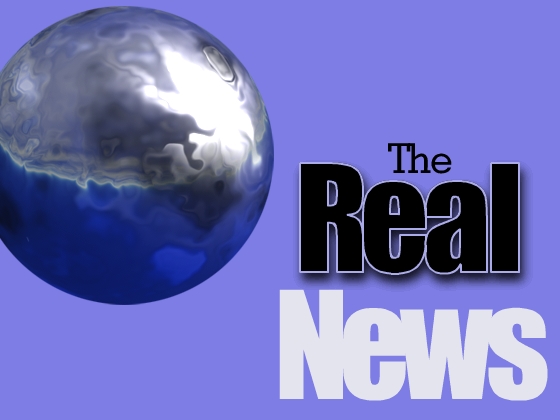|
cyberbarf VOLUME 16 NO.3 EXAMINE THE NET WAY OF LIFE OCTOBER, 2016 ©2016 Ski Words, Cartoons & Illustrations All Rights Reserved Worldwide Distributed by pindermedia.com, inc.
NEW EPISODE:
|
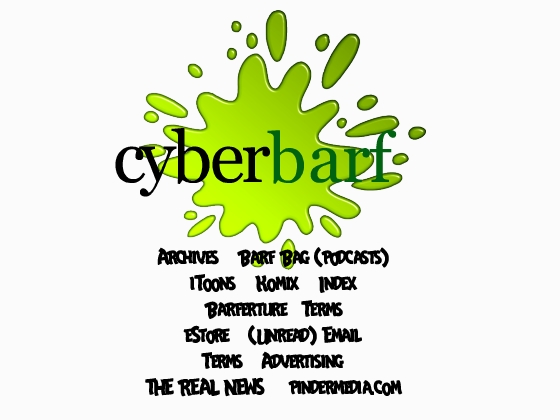 |
|
cyberbarf ELECTION EXECUTION COMMENTARY In the last issue, we titled it Dry Heaves. After the first U.S. Presidential Debate, America was caught in the throat spasm of collective dry heaves. It only confirmed the obvious: the two major candidates are the worst politicians. Hillary Clinton's robotic spittle of pre-planned soundbites and vacuous policy statements to energize her entitled base fell flat to independents and undecided voters. Donald Trump was no better. He looked like a boy giving an off-the-cuff book report on a text he never read. He got testy; he interrupted more than 50 times during the 90 minute snipe fest. The consensus opinion from moderates who watched the debate was simple; they wished third party candidates Gary Johnson and Jill Stein were included in the debate. But the major parties, media and the bias election debate committee made sure that Johnson and Stein had no national platform to woo Anti-Trump Republicans or Pro-Sanders Democrats into the Darkness (of voting third party). Trump's camp claimed victory because the candidate did not make racial slurs, taunt his opponent or swear on live television. It was a low hurdle to be considered presidential. Clinton's camp claimed victory because the candidate appeared to have a better grasp of facts to support her position and the statement that Trump does not have the temperament to be commander-in-chief. But her voice and manner only reinforced that she was part of the elitist political class that most Americans detest. After speaking with the Washington Bureau Chief for The Economist, David Rennie, it is clear that the mainstream media cannot get a clear handle on why the American electorate has gravitated toward a bozo like Trump while Clinton continues to see erosion in the Democratic base. He confirmed my opinion that this election is not directly about the candidates but about change. Rennie compares this election to the Brexit vote in Britain. All the polls showed that the severance of ties to the European Union would fail. The elected officials in London banked on the status quo. But everyone was shocked that Brexit won. In the aftermath, the vote was not really about severing ties with Europe but a rebuke of the ruling class. Average citizens are fed up of being told what to do by officials who have no clue what is really happening in the real world. While many polls believe the economy is only the 5th most important issue in the campaign, test panels after the debate showed more concern of what a candidate is going to do to them what they are going to do for them. In other words, voters are keenly aware of the false promises of candidates. The empty promises hold no water with households who have not had a real increase in wages for more than a decade. Small businessmen are more concerned with expensive social programs, higher taxes, higher wages and more regulations than sound bite insults. There are splintered special interest groups who will vote to protect their most important beliefs. There are pro-gun, Second Amendment supporters who will never vote for Clinton because she will have the opportunity to pack the Supreme Court with anti-Second Amendment jurists. There are independent Christians who loath the idea of government forcing them to bake cakes for gays, or have transgender boys use their girl's locker room. And there are pro-Sanders Democrats who cannot stand Clinton. And there are anti-Trump Republicans who vomit at the sight of Trump. So many loyal party regulars are switching sides just based on their personal distaste of the party's chosen candidate. This is why this election is so hard to peg. This is why this election is so close. Unless there is a huge October surprise (which hacker groups have promised), the election could come down to a dead heat in four swing states (North Carolina, Ohio, Florida and Pennsylvania.) The odd thing is that Libertarian Johnson only has to win one state, either his home state of New Mexico or a independent minded state that has elected Libertarians in the past (New Hampshire or Alaska), then the electoral college would not declare a winner - - - sending the election to Congress to decide. But Johnson has stumbled with a couple of factual gaffes to lessen his luster as an alternative choice. And that is why third party candidates can never occupy a podium on the national stage. Powerbrokers of both major parties have too much at stake in lobbying Congress, bidding for government contracts and influencing special legislation to have a non-politican muck up the corrupt gravy train. So this election will not be decided by the debates. It will not be decided in social media twitter battles. It will not be decided by newspaper editorials or endorsements. It will be decided by the majority of outraged voters (the silent majority of independents) who actually go to the polls to cast a ballot. For more election coverage and political cartoons, go to skirealnews.com.
cyberbarf TRAVEL SHEEP NOTES FROM THE ROAD Having completed a two leg, round trip from Chicago to North Carolina, the American transportation system is a technological antithesis of customer service. Upon arrival at O'Hare on a Sunday morning, there was a crush of three lines of passengers crisscrossing near the front doors. The airline is forcing passengers to use self-serve kiosks to print their boarding passes and get their checked baggage tags. But this same line merged with the back of the bag check line, and also snaked through the longer TSA security check line. The use of kiosks is like electronic banking: it gets rid of ticket counter personnel. It saves costs (salary and expensive benefits). Passengers are doing the work of former airline employees. The confusion results from lack of clear signage, direction or security personnel getting people in the right lines. The TSA experience was hit and miss. Each airport had a different protocol of getting passengers through the metal detector or scanner. One had a pre-check officer. Another had boarding/IDs near the scan station. One had a bomb sniffing dog roaming through the line. The other had full body scanners. One said everything should stay in your carry on bags. Another had all electronics out of bags, and shoes on the belt. Passengers have no choice but to comply like herded sheep. The time to get to the concourse ranged from 15 minutes to almost an hour. Since airlines put the fear of god in travelers to get to the airport two or more hours before your flight, one now must spend an hour or more wandering the concourse. It is a version of Retail Hell. The high priced convenience store shops now have misplaced high end clothing and sporting retailers hawking wares next to each other. Very weird. What traveler needs to buy a men's suit on the way to their gate? The airlines have gotten smarter with their manifests. Every single plane was 100 percent booked. There were dozens of standby passengers listed on gate screens. A packed plane is a profitable flight. But it also causes some constriction at the boarding pass scanner as many passengers try to board with oversized carry ons. The industry has changed their baggage measurements to decrease the size by several inches. This is because the newer jets have smaller overhead bins. As a result, more than half of the passengers have to gate check their bags. That results in half the plane standing in the jet way instead of baggage claim waiting for their luggage. Airlines have found bag fees is a revenue center. My checked bags fee added 31 percent to the cost of my round trip ticket. It was probably worth the convenience of not having to drag two rollers through the length of an entire concourse, zigging and zagging around carts, wheelchairs and distracted text zombies. One leg of my journey was to take Amtrak from Charlotte to Durham. It had been 30 years since I took an Amtrak train. The station was tucked in a faded industrial part of Charlotte, one day after the police shooting. The small terminal waiting area only had a dozen passengers sitting quietly. When the announcement was made, we pushed through a concrete ramp to the platform where two conductors scanned our paper tickets. The train cars were newer. They had more leg room than the commercial airplane. In the scheduled two and a half hour journey (which turned into three hours fifteen minutes), only a total of 38 passengers used the service. It was midweek, but the route did connect Charlotte to Raleigh. It was a pleasant, smooth ride. But the only view were forest and the occasional post-industrial spur rail towns (it is interesting what junk people store deep in their back yards near the tracks.) There were no true crazies on the train except one foreigner who boarded the train with an expired ticket. He had to get off at the next stop. And there was a college co-ed who spent the entire ride thumbing and swiping her smart phone. In this planes, train and automobiles week, I got a flashback to 1970s gas shortage lines (a major East Coast gasoline pipeline broke the week before the trip). I also found both passengers and transport workers friendly, courteous and competent. While some modes pack you in like sardines, and other subsidized means are burning cash like a Burning man pyre, what people only care about is getting from Point A to Point B in one piece without missing baggage. The travel providers have successfully pushed passengers to book, print and be informed through technology. You book tickets on-line. You get emails and text message reminders, including gate changes. You print off your own boarding passes and receipts. You check flight information from a web app. This is the golden age of integrated communications and customer technology connections. We are now a schooled mass of travel sardines squeezed for baggage fees, airport taxes and remote parking charges. We take the extras because there is no viable alternative. |
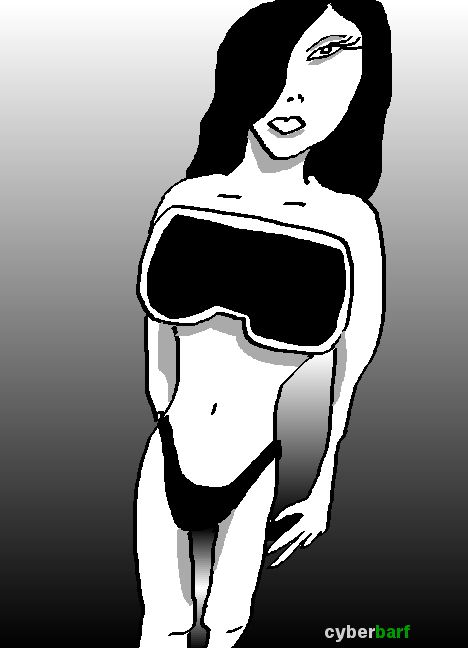 |
FREELANCE CARTOONS, ILLUSTRATIONS FOR NEWSPAPERS, MAGAZINE, ON-LINE DO YOU CONTENT? CHECK OUT
|
|
cyberbarf SLASH CAREERS NEW CULTURE Forbes recent column touted the rise of the slash/career worker. The slash career is all rage with millennials, and it is an important trend for employers to pay attention. The youth work force is different than its predecessors. It lacks some personal initiative. It requires constant attention and support. It is also steadfast in its belief that there is more to life than just work. It does not believe in being on call 24/7 with their employer or boss. It wants to have a life outside of the corporate cubical world. A slash/career employee could consider himself/herself as a lawyer/writer, a market rep/photographer or computer tech/tennis coach. The first part is the person's main job, the steady paycheck while the second part is the side business, one's passion or hobby looking for extra spending money. Many motivated millennials have realized that they can, indeed, have it all: A full-time day job they enjoy as well as a creative endeavor that brings them additional revenue. So why is this important for business owners, the employers of these day jobs? Many traditional employers may have a negative reaction to slash careers. They assume that an employee will not be as invested in their work if they only consider it a just a job instead of a career. Employers used to think that someone who has passions in other areas will not be as valuable an employee who is dedicated to the company. This cradle to grave mentality was a Japanese businessman trope. The dawn to midnight grind of being a company man until you drop dead in your tracks. But some employers are finding that workers without outside interests may be valuable as they bring different skill sets than an average worker. Employees with outside interests or part-time jobs as fitness instructors, calligraphers, actors, and photographers have to learn to balance multiple deadlines, projects, scheduling conflicts and customer service in order to succeed at both levels. The new experiences bring additional human capital into the corporate work place. The slash/career label probably started with young workers having more than one part time job in order to meet their financial obligations. College students were students/waiters/bartenders/clerks in order to pay for tuition, books and fees. Even those outside college but woefully underemployed took multiple minimum wage jobs to get an entry level full time wage. Having learned to balance multiple employers and schedules, the young working class found a comfort level in having side projects, especially those who gave them creative freedom or tangible personal benefits. With rising employment benefit costs, taxes and regulations, employers may be hiring more part-time employees. And manpower firms are realizing that candidates with slash/career resumes are capable of meeting most employer's initial qualifications. It does make sense that more rounded people make more interesting people who make better employees. For those who only work for their jobs will stagnate, stress out and feel undervalued over time. But if you have an outlet for creativity or extra income, the social and family pressure is lessened on a braad winner. The slashers appear to be the future work force. |
 |
|
cyberbarf THE WHETHER REPORT |
cyberbarf STATUS |
| Question: Whether Samsung's Note 7 battery fire issues will create a windfall for Apple's new iPhone 7 series? |
* Educated Guess * Possible * Probable * Beyond a Reasonable Doubt * Doubtful * Vapor Dream |
| Question: Whether the general public will accept the concept of self-driving vehicles? |
* Educated Guess * Possible * Probable * Beyond a Reasonable Doubt * Doubtful * Vapor Dream |
| Question: Whether the vast amount of ideas of Elon Musk, including his Mars colonization plan, are mere expensive pipe dreams? |
* Educated Guess * Possible * Probable * Beyond a Reasonable Doubt * Doubtful * Vapor Dream |
|
cyberbarf SPONSORS TAGGED ARTICLE Ever wonder why third rate, virtually unknown, YouTubers and Hollywood castoffs are making a lot of money for doing basically nothing? Well, it appears that some are better at monetizing nothing. The internet is filled with free content. There may be banner ads, click ads, pop up ads - - the annoying old school visual sponsor boxes that once roamed the printed newsprint. But the web and now mobile video does not have a time or place for even digital traditional ad spaces. Web publishers started to get news sites to work in sponsored content ad pieces that looked just like the real news stories. It was attempt to trick the reader into thinking the story was about a fair, balanced, journalism story but when in fact it will selling a product or service under the guise of a news story. Now the ad agency tricks got subliminal but in plain site. Vloggers with a large fan base suddenly were turning on their cameras and sipping their favorite power protein smoothie or juggling canisters of their vitamin supplements. The products could have been in the foreground or background. But they were easily seen. And if the host touched the product, the better recognition. Those were not quite endorsements but indirect product placements - - - another form of advertising not labeled as such. Quasi-celebrities were paid to show products on their shows or channels. So celebrity social media stars had a new way to cash in on their fifteen minutes of fame. But the Federal Trade Commission finds this subliminal advertising misleading. Bloomberg Businessweek reported that the FTC is concerned about endorsements that are not very clearly presented as advertising, which the viewer does not know the host is being paid to show a product. The Federal Trade Commission is planning to require programmers to be clear when they are getting paid to promote something, and even if a celeb uses just hashtags like #ad, #sp, #sponsored —common forms of identification— that may not be enough for government regulators. The agency will be putting the onus on the advertisers to make sure they comply, according to Michael Ostheimer, a deputy in the FTC's Ad Practices Division. The new rule could make social media posts and web casts seem less authentic, thus reducing their impact for advertisers. If consumers do not read the disclaimer words, then the FTC states there is no effective disclosure that this is advertising. Celebrity paid sponsorships need to be fully disclosed in order to not mislead viewers that their celebrity is giving a personal opinion over a paid endorsement. For as anyone knows, a low-rung celebrity is willing to shill anything for a dollar. |
|
LADIES' JAMS MULTIPLE STYLES-COLORS $31.99 PRICES TO SUBJECT TO CHANGE PLEASE REVIEW E-STORE SITE FOR CURRENT SALES
|
PRICES SUBJECT TO CHANGE; PLEASE CHECK STORE THANK YOU FOR YOUR SUPPORT!
NEW REAL NEWS KOMIX! SHOW HACK! |
|
PRICES TO SUBJECT TO CHANGE PLEASE REVIEW E-STORE SITE FOR CURRENT SALES & CURRENT STYLES
|
|
THE PINDERMEDIA STORE IS FULL OF FUN T-SHIRTS CLOTHES, HATS AND OTHER ITEMS. CHECK OUT THE STORE FOR ITEMS
SUPPORT cyberbarf VISIT THE CYBERBARF STORE! Prices and styles may vary depending on sales, allotments, inventory. |
|
BACK IN BLACK WITH THIS CLASSIC CYBERBARF T-SHIRT!
FEATURING: THE REAL NEWS IMPACT EDITORIAL CARTOONS WRIGLEYVILLE WAR POLITICS ENDORPHIN RUSH THE DARK ABYSS RANDOM ELECTRONS SPECIALS
PORTFOLIOS OF SKI EDITORIAL CARTOONS ILLUSTRATIONS PHOTOGRAPHY |
NEW THEORIES AND CHARACTER ESSAYS INCLUDING 10 YEAR ANNIVERSARY ARTICLES
cyberbarf
THE STEAM PUNK SPECIAL EDITION featured new Music from Chicago Ski & the (audio) Real News: (mp3/4:14 length)
EXAMINING THE NET WAY OF LIFE cyberbarf™ distributed by pindermedia.com, inc.
|
cyberbarf
Distribution ©2001-2016 pindermedia.com, inc.
All Ski graphics, designs, cartoons and images copyrighted.
All Rights Reserved Worldwide.
